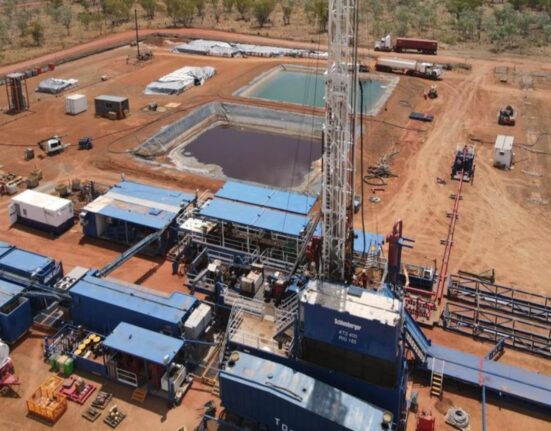If you’ve ever wondered about the connection between drug money and property prices, you’re not alone. The relationship between Australia’s skyrocketing house prices and the influx of illicit funds is a topic that has captured the attention of many.
As if aspiring homeowners didn’t have it tough enough already, it seems that the influence of drug money on real estate markets is exacerbating their challenges. The correlation between Australia’s high cocaine consumption rates and its housing affordability crisis is undeniable.
According to recent updates from the Australian Federal Police-led Criminal Assets Confiscation taskforce, criminals are increasingly diversifying their spending preferences. From artworks to shoes to cryptocurrencies, these assets pale in comparison to criminals’ enduring interest in real estate. Since mid-2019, authorities have restrained approximately $1.23 billion in assets, with a staggering $800 million tied to properties.
Luxury properties acquired through criminal proceeds paint a vivid picture of this phenomenon—from waterfront mansions in Queensland linked to money laundering schemes by a Russian couple to Chinese crime syndicates snapping up prime real estate in Sydney and Melbourne. Each seizure unveils another layer of organized crime’s grip on Australia’s property market.
Reflecting on this trend, AUSTRAC’s deputy chief Bradley Brown highlighted the economic implications during a Senate inquiry:
“The logical consequence of an unequal market means that ordinary citizens are competing against those with illicit funds—creating an unfair advantage.”
In no uncertain terms, AUSTRAC chief Brendan Thomas emphasized that money laundering significantly inflates property prices in Australia:
“Australians find themselves competing against criminals for homes, driving prices beyond reach for hard-working individuals.”
Australia’s vulnerability stems from lax anti-money laundering measures within crucial professions like real estate agents, accountants, and lawyers—making it a haven for criminals seeking legitimacy for their ill-gotten gains. Interestingly, Canada recently addressed similar vulnerabilities by expanding anti-money laundering laws to include these professions—a move set to be mirrored Down Under from July 1, 2026.
As experts speculate on what could happen if this floodgate of illicit funds is sealed shut, parallels are drawn with Canada’s experience post-implementation. Vancouver serves as a compelling case study due to its geographic similarities with Australia’s coastal cities—a proximity that makes it susceptible to similar money-laundering risks.
A Canadian government report estimated that money laundering inflated house prices by up to 5% in Vancouver—an impact likely felt more acutely in markets with limited housing supply like Sydney and Melbourne. In cities where demand outstrips supply—like many parts of Australia—the introduction of laundered funds into real estate can lead to significant price hikes benefiting current homeowners but further alienating first-time buyers.
The implications go beyond mere dollars; as illicit funds flow into real estate markets unchecked, they distort normal market dynamics—
“a source of demand not tied to local incomes,”
as described by the Canadian report.
With stricter regulations looming over these vulnerable sectors come July 2026, Australians can only wait and watch how this crackdown reshapes their property landscape—potentially leveling the playing field for genuine homebuyers while dealing a blow to organized crime’s grip on the market.









Leave feedback about this